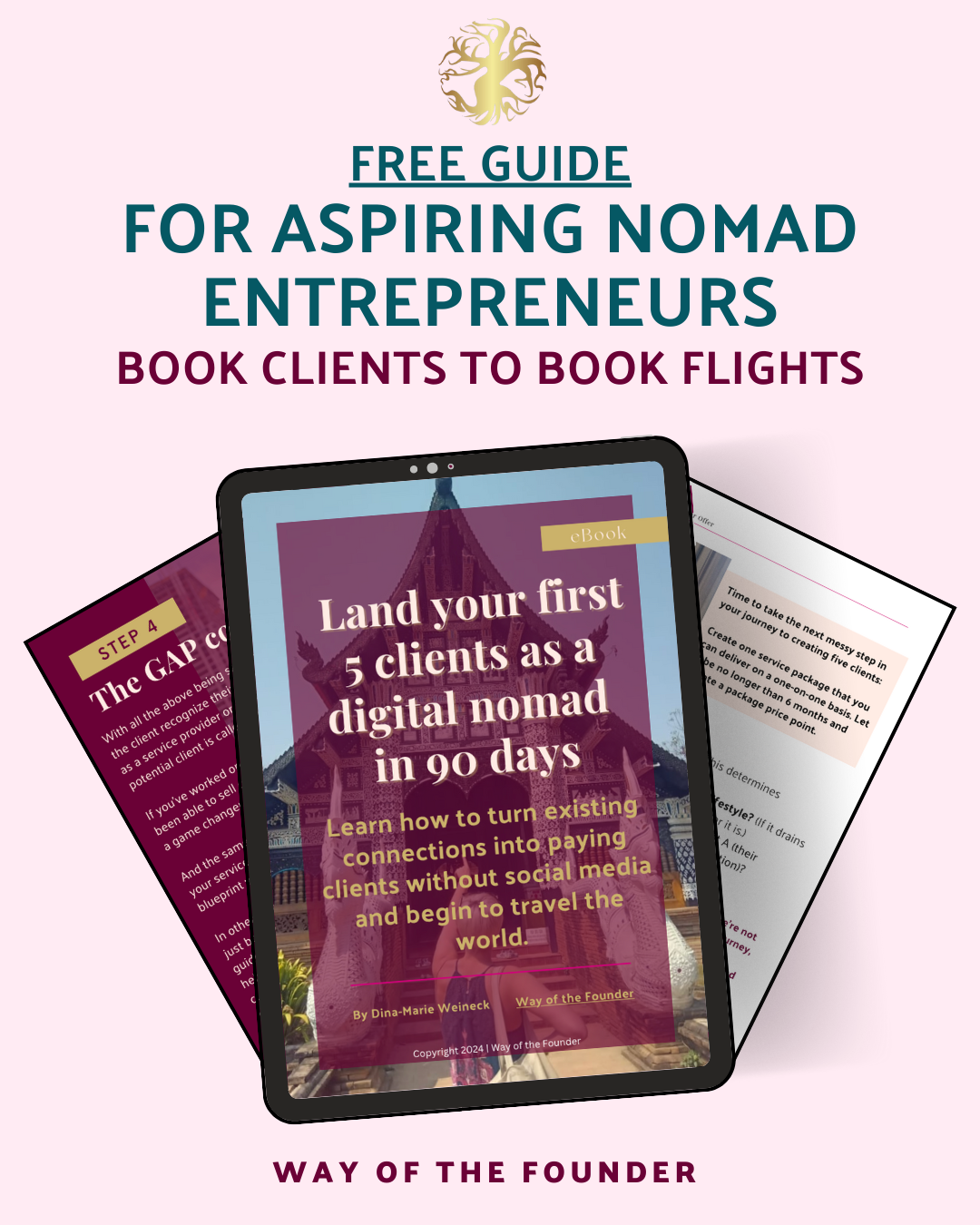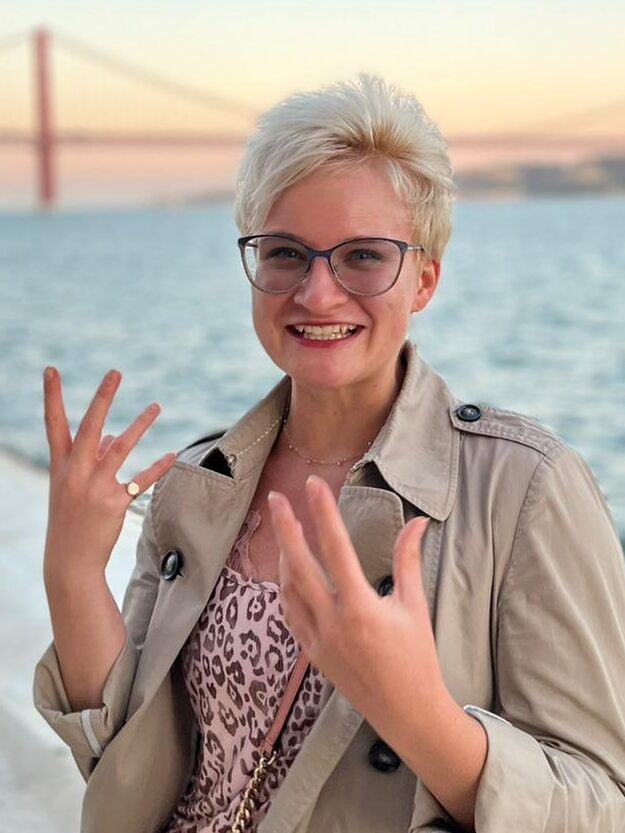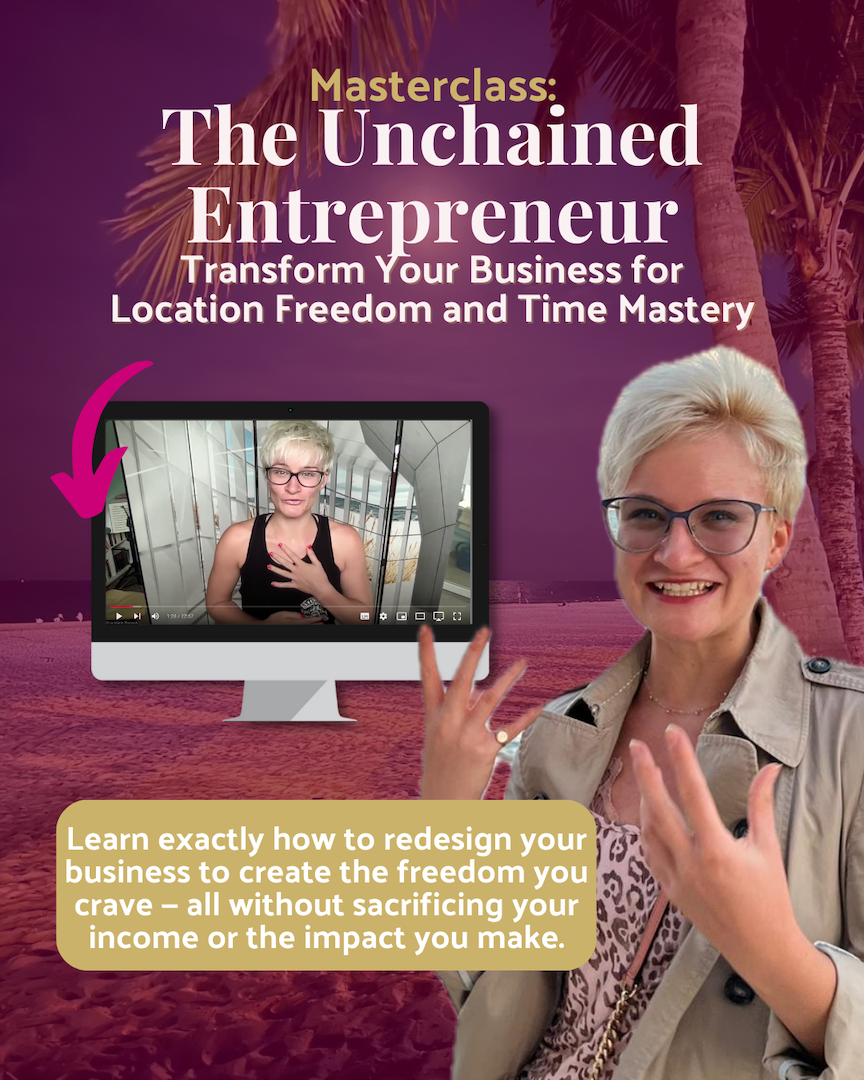The Internet is packed with sleazy, unethical advice on how to sell coaching services. This does two things: it gets coaching clients burnt and makes salespeople rich off of something that truly shouldn’t be ‘sold’ in the first place.
Yes, coaching should not be sold. (but still enrolled into and charged for)
In researching for this article, I came across some very popular sites on the Internet offering and promoting some very unethical ways how to offer and sell coaching services:
- Lead with the pain points, rub it in! (fear is not a coaching modality)
- Give them a Deadline! (For what, to transform their lives?!)
- Start a blog (what does that even have to do with coaching?)
And who are ‘they’? clients? This part of the coaching industry, sadly, is taking over the Internet by glorifying ‘get-rich-quick schemes’, dehumanizing the end-user of the experience, and producing a bunch of mediocre, unethical salespeople calling themselves coaches.
Thankfully, there is a part of the coaching industry that is actually not very well established in the online space (yet) but is incredibly powerful, service-centered, client-oriented, and prosperous.
If you research ‘prosperous coach’, ‘Carolyn Freyer-Jones‘, or ‘Amber Krzys‘, you’ll find a part of the industry that is entirely void of sleaziness and, instead, devoted to selling coaching services through service. It is my world and the world that’s trained me as a coach.
Intrigued but no time to read? Save it for later:
A simple way to distinguish these schools of thought is by checking if the ‘coach’ you’re speaking to is creating a space for you to discover your own decisions, or trying to push you into making a decision that suits them.
And yet, all coaches, sleazy or ethical, have a huge income potential. Coaching, done ethically, also bears a significant potential to evoke transformation.
So, how do you offer and sell coaching services, ethically?
The truth is, it’s a longer process. A scalable, nonetheless, but longer. In that, it’s client-centered, service-based, and requiring you to deal with your inner limiting beliefs first, and start to sell coaching services without social media.
And, yes, you can apply all these strategies even if you’re growing a location-independent coaching business.
Free Webinar:
Get Started with your Digital Nomad Coaching Business:
Build a Thriving Location-Independent Coaching Business
Taught by a Veteran Digital Nomad, 6-Figure Professional Coach, and fierce Freedom Seeker, Dina-Marie.
Learn how to create a scalable, freedom-based business that lets you live and work from anywhere. Sign up below to get access:
How to offer coaching services (for free)
I was trained by the school of the prosperous coach with a heavy dose of spiritual psychology. In that school, coaches learn to make an offer for coaching through genuine, human connection.
I’ve made well over $200,000 from coaching alone in the past few years and have had not a single sales call. Instead, I’ve had coaching calls. I’m here to tell you that you can grow a prosperous coaching business without kicking your ethics and integrity overboard in the process.
A coaching business, in that sense, has three main pillars: The skill of Coaching, the skill of business growth, and the embodiment of your coaching.
When approaching the growth of your coaching business, I want you to first think of your existing connections: Who am I connected to?
Secondly, I want you to be thinking of service: How could I serve one person, today?
My invitation? Get rid of the sales call, eliminate all 30-minute trial sessions from your language, and do this instead:
Once you’ve identified one person you can serve, based on what you know about them (not what you saw on social media), offer them space to work through something you see as being in their way on a coaching session.
Do this over and over again. Here’s how you could offer a coaching session:
How to offer a coaching session
Hey NAME,
I’ve been thinking about you a lot this year, especially with [mention a change or challenge you know that’s present in their lives]. How are you doing?
From time to time, I carve out some time in my schedule to offer a complimentary coaching session to a few select people. This is one of these times.
The reason I’m reaching out to you about this is [acknowledge them for the human you see in them].
Please know it is totally fine to say no to this. These coaching sessions are deep and potent. I don’t hold back as a coach. If you’d like to get into an area in your life that you desire a transformation in, we can work through that. How is this resonating with you?
If you’re a yes, we’ll set aside a full 90 minutes to dive in within the next two weeks.
And if this doesn’t spark a yes for you, let me know that, as well.
Blessings,
[YOUR NAME]
Notice, that there are a few things in this invitation:
- Acknowledgment: why are you reaching out to them, what do you see in them?
- Context: Why are you offering this, and what will happen?
- Permission to say no: coaching is about helping the client find their own truth.
- End with a question: Invite an answer from them.
Why you should offer a coaching session for free
Now, let’s address the elephant in the room: working for free?! My coaches used to tell me that, in this business, the level at which I’m serving is a direct measure of the level of my prosperity. In coaching, sales aren’t service because they don’t honor the client’s truth. Coaching sessions do.
Besides, would you buy a car before test-driving it? I wouldn’t. Neither would I pay a coach thousands of dollars before experiencing what I’m able to achieve when being coached by them.
Take this action now:
Think of 5 people that inspire you. Ask yourself, how could you serve them? Go ahead and invite them into a complimentary coaching session, guaranteeing that you won’t pitch them a program.
Read also:
- How to get high-paying coaching clients without social media
- How do you become coachable?
- Invoice like a Pro with this Account
Start Now:
It only takes 5 clients to make your dreams come true. Turn existing connections into paying clients without social media and begin to travel the world:

The anatomy of your first (free) coaching conversation
Even though I just told you to take the sale out of the equation, you’re still wanting to sell coaching services. Let’s look at that process:
What do you do with a client on your first coaching conversation? This is where a significant amount of the work I do with clients who are coaches lies. In preparing new coaches for their first clients, we slow down significantly to help the coach remove their ego from the conversation, and shed the light on what they see as being possible for their coachee.
A first coaching conversation can look many different ways. It depends, in part, on your knowledge of the person, the context within which you’ve you’ve offered your coaching service, and what’s present for the client.
I’ve been on first calls with people I knew very little about, and found myself coaching around a big marriage problem. I’ve also been on first calls with people who weren’t sure what to bring to the call.
When working privately with a new coach, I make sure to train them in setting up the call for transformation. This could happen by sending over one question ahead of the call, or a resource.
It depends. Do you begin to see how my process for offering and selling coaching is entirely client-centered?
With all that said, there is, in fact, a bit of a script I’d encourage you to follow at least within the first two sessions you have with a new coachee:
Find this valuable? Save and share it:
The GAP conversation
With all the above being said, one amazing tool to help the client recognize their own potential and to help you as a coach see what’s possible for your coachee is called the GAP conversation.
If you’ve worked on your coaching skills, but have not been able to sell coaching services regularly, this could be a game changer.
I’ll share a full script of the conversation in a later article, but here is the run down I want you to be orienting yourself around:
- Present: Spend the first 30 to 45 minutes of the call looking at all personal and professional areas of your coachee’s life. What’s in their life at present? How do they feel about it? What’s working well? What isn’t?
- Future: Spend the next half hour or so outlining what they desire. If they could flip a switch, what would their life look like? What do they desire? What would they stop doing? What conversation would they have?
- Gap: Guide your coachee to recognize how they can be in control of creating the life/business/relationship/job they truly want. Highlight to them what you see as being required of them in order to create that life.
This is a GREAT start for any coaching-coachee relationship as it slows down the coachee, draws out all areas of their life, and helps you see thought patterns, potential, and blocks.
It also sets you up to potentially invite the client into a second call: “There’s a lot here. I’d be curious to see what we can create on a second call. Would you be open to that?”
How to ethically sell coaching services
My invitation is to begin to think of making an offer for coaching as being separate from selling. As you offer more coaching sessions, more people will be in your circle who desire to continue to work with you, having seen what can become possible for them with you in their corner.
So, how do you get a high-paying coaching client? How do you sell your premium coaching offer? I’ll tell you:
You sell coaching services by…shocker…serving.
Enrolling a person you’ve coached a few times for free, if following this process, is rooted in service, and potential:
Before you make an offer for paid coaching, you want to ask yourself if you want to work with that person: What do you see as being possible for them? What do you see as holding them back? And can you help them resolve their blocks and create the next phase of their lives?
If so, you’re ready to move into proposing a longer-term, paid coaching relationship. Here’s how:
How to propose a paid coaching offer
This is yet another point in the journey of new coaches that deserves much individual attention. And one that you, too, can absolutely experiment with on your own, to start:
A good way to propose a long-term coaching relationship is by encouraging your coachee to lead the conversation: Ask them if they are curious about continuing these coaching sessions. If so, have them lay out for themselves what might be possible for them if they did. And what they’d need to do to make said thing possible.
With their permission, proceed to share with them what you see as being possible for them. Highlight which patterns you’ve noticed that aren’t serving.
Finally, get permission to lay out how you believe a coaching relationship can serve their growth: “Would you like to see how working with me as your partner can help you create that life?”
Then, and only then, briefly lay out the features of your coaching offer, in this order:
- Length
- Goal (based on their words and your previous conversations.)
- Number of calls & frequency
- Any ancillary support, such as Slack or email support.
- Investment.
Not sure how to even create your first coaching package? No worries, I’ve gotchu here.
The Caveat: get coaching clients offline, grow your coaching business online
Now, if I was complaining about online coaches selling coaching offers unethically online, why am I online writing a blog post about it?
Well, frankly, I believe that there isn’t enough content online about how to sell coaching ethically. And the Internet is simply the most accessible way for people to get started as profitable coaches.
I feel strongly about contributing to the the Internet canon with ethical, tried-and-proven, and client-focused processes that I know can lead to a prosperous coaching business.
If you’re offering coaching services ethically, you’ll be beginning to grow your business offline – through IRL connections, not URL optimized content. It’s how I still create most of my private clients.
But there is a caveat I must point out. There is no harm in growing your business online, utilizing the power of creating a community without leaving your house, or while traveling as a digital nomad.
In fact, there is a huge potential in combining online business strategies with the offline approach laid out above. This is especially true if it’s not your desire to create a business that solely offers one on one coaching.
The latter is why I’m presently pouring most of my time into growing a loving, and genuine online community while maintaining a full private client roster. It’s because I’m itching to serve in more than one capacity, and through more than coaching.
What about you? What is your dream for your business? Let’s make sure your business model aligns with your dreams.
Read this next:
- How to get coaching clients without social media
- Align your Spirituality with your Strategy and prosper
Save and share this article:







Fantastic read. So on point, and super helpful!
Love to hear that!